The care of a loved one’s affairs after death can generate a wealth of disputes and conflicts, from challenging the distributions of property under a will to arguing that the testator’s will provisions were invalid due to undue influence. Regardless of the tenor of the dispute, however, the litigation process generally unfolds, while certainly not predictably, in a fairly formulaic manner – starting with identifying an issue, filing a complaint, exchanging responses, and from there, mediating, arbitrating, or litigating the issue.
Here is a breakdown of what you can expect if you find yourself embroiled in litigation.
Stage 1: Filing a Complaint.
The Complaint is the formal legal document that initiates the civil litigation process and formally spells out the plaintiff’s grievances. In a will caveat case, the plaintiff will need to explain the basis for his or her belief that the will is not valid. The complaint also must contain a statement of the amount in controversy. Generally, in North Carolina civil and district courts, this does not need to be a specific dollar amount, but rather, must reference the specific amount in the controversy requirements of each court. In District Court, the required amount in controversy is $25,000 or less (though, cases with higher amounts in controversy may be brought in District Court). In Superior Court, $25,000 is a floor: a complaint filed in Superior Court must state that the amount in controversy exceeds $25,000.
Bear in mind, however, that only an interested party can file a lawsuit. In a will caveat case, the person challenging the will has to have some monetary interest in the estate and face negative consequences if the will is probated as is. As such, in fiduciary cases, this generally means that only those who stand to inherit under a will can challenge it in court. This broadly includes direct legal heirs and next of kin.
Stage 2: Service of Process
The next step is to properly deliver the complaint and a formal summons to court to the defendant. This puts the defendant on formal notice of the lawsuit filed against him. Service can be achieved in several ways, including certified mail or hand-delivery by the Sheriff’s Office, but it is vital to abide by the protocol set forth in the North Carolina Rules of Civil Procedure. Failure to properly serve a defendant is a defense that can result in a lawsuit’s dismissal, so it is best to engage a litigation attorney to manage this process to ensure full compliance.
Stage 3: The Responsive Pleadings
Once the defendant has been served, he or she has thirty days to respond. Failure to respond results in each of the allegations in the complaint being deemed true. When this happens, the court will enter a default judgment in favor of the plaintiff.
Stage 4: Discovery
Once the defendant has filed an answer, a process called discovery commences. The purpose of this stage of litigation – which is often one of the longest stages – is to allow both sides to request and gather information supporting their cases and to learn as much as possible about the facts and circumstances at issue. Parties can do so by sending one another written questions called “interrogatories,” by requesting documents from each other, or by taking depositions of involved parties. Depositions involve questioning witnesses under oath, and the transcripts can be used at trial.
Stage 5: Mediation or Arbitration
The final step before trial is an effort to resolve the case out of court through mediation or arbitration. Some District Court cases are automatically set for arbitration, while certain Superior Court cases are automatically subject to mediation, based on the amount in controversy. However, parties are always free to informally negotiate a resolution outside of court.
District Court arbitration results in a non-binding agreement. On the other hand, mediation results in a confidential settlement agreement that ends the case. In some fiduciary cases, the parties can enter into an agreement called a “family settlement agreement,” which can provide for a fair and equitable disbursement of the decedent’s estate. In many cases, particularly contentious and emotionally charged cases like will caveats, mediations can be extremely effective in helping parties reach an amicable, mutually agreeable resolution.
Stage 6: Litigation
If the parties cannot resolve their dispute outside of court, the case will proceed to trial. Typically, the court will set a trial date, but the parties can request a continuance. Preparing for trial can be an arduous and time-consuming task, but if the parties used the discovery process to their advantage, then the process of gathering and organizing evidence will likely be much easier.
Who Pays for the Attorney?
Top-of-mind for any litigant is the issue of cost: it is no secret that litigation is expensive, and so parties are naturally curious about just how much the process will cost them. For most will and estate disputes, the estate itself will pay the attorneys’ fees for both sides, provided that the case is meritorious and not frivolously or maliciously filed.
Engage a Professional to Navigate Your Case.
In North Carolina, there are numerous grounds to contest the validity of a will, and in each case, the specific circumstances will vary. As such, it is best to engage an experienced fiduciary litigation attorney to help you move your case forward. The litigation process is complex and fraught with challenges and potential pitfalls, so working with a professional will ensure you prepare the strongest case possible.
